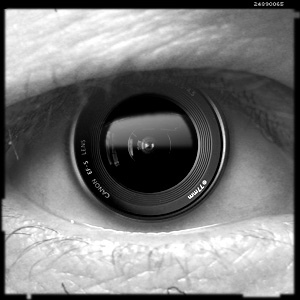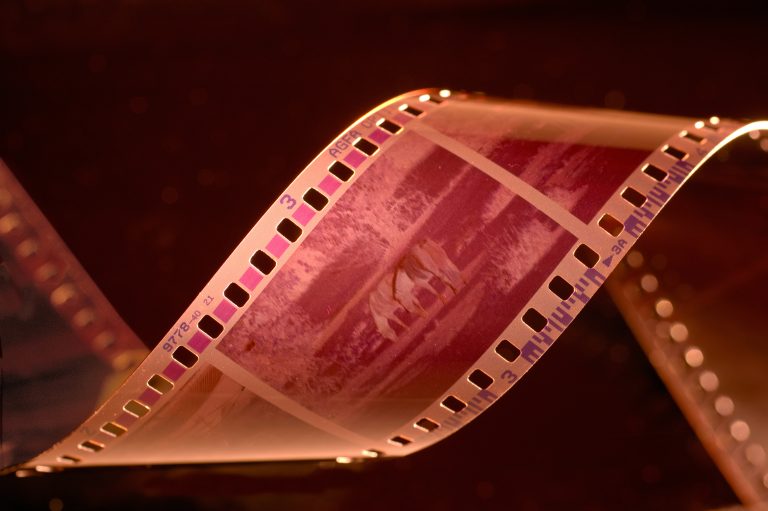Looking Back over the Journey to the Heart
“The idea is to write so that people hear it, and it slides through the brain and goes straight to the heart.” —Maya Angelou
Over the course of this year, we’ve taken a long journey from the entrance to the mine to the heart of your story, where the mother lode of gold is hidden. The objective? To create an unforgettable, great novel that speaks to the heart of the reader—hopefully transcending the restrictions of time and place. By aiming for the heart with universal themes, rich characters, and carefully constructed scenes, you might just produce a novel that will live in the hearts of readers for generations—a novel we might call timeless.
When we think of Shakespeare’s plays, written hundreds of years ago, so widely loved and praised, what are the elements that resonate with us? Wouldn’t you say they are his universal themes that apply to everyone in every time period? What about his engaging, complex, believable characters who are rich with history, full of needs and dreams, believing lies they’ve been told? We wouldn’t leave out his biting humor or witty turn of a phrase, and not everyone is a master wordsmith. But literary works that have stood the test of time can teach us much about getting to the heart of our story.
Read, Read, Read
One bit of great advice I’ve heard throughout my years as a writer is the need to read—widely and deeply. Read the classics, the best of various genres, books that are still being reprinted after a hundred years. Stretch yourself by reading some books in genres you wouldn’t think to read. Maybe you’ve never read a Western or a Jane Austen novel.
I’m not saying you have to love every book that has sold over a million copies at some point in time. But with your eyes trained now to know how to reach the heart of a story, you can read these novels with a keen awareness, studying how the scenes are built, how the characters are portrayed and how they interact with their world, how the setting is painted. You can tear apart the first scene, see how many elements in that scene match up with first page checklist . You can look at the tone, and the voice of the characters, see what motifs are brought out and how the quality of time is handled.
So much can be learned by studying the craft of great writers. That’s not to say you want to copy what they do so precisely that you are solely derivative or plagiarizing. However, if you take the time and desconstruct great novels, you can learn much from those who have mined to the heart of their stories with great success.
Filling Up the Dry Well
Sometimes we writers feel like our well of creativity has run dry. The only way I know to fill it back up again is to read great novels, plays, poetry, and short stories. When I read a terrific passage in a novel, I feel uplifted and energized. As I mentioned in the first chapter, books that are beautifully written, that speak to our hearts, are gems in a mine full of dull rocks. A great book feeds our soul and nourishes our spirit in a way nothing else can.
And now that you know the way to the heart of your story, my hope is that you will create gems of your own—novels that will stand the test of time by speaking to the heart. As William Wordsworth encouraged: “Fill your paper with the breathings of your heart.” Shore up that entrance to your mine with careful planning, then be the light showing the way through the dark, winding tunnel to the mother lode. And don’t forget to enjoy the journey—with all its bumps and pitfalls. Remember, starting is better than finishing. But I will now add this: Finishing can be just as great at starting—if the end of your story ends at the heart.
I hope you have enjoyed and benefited from the year-long course I’ve shared with you and you now know how to write the heart of your story. I have compiled the blog posts in a book, along with much more material, and at present am working toward getting it published so it will be available to writers. And now that we’ve completed that course, I’m excited to start of 2013 with my absolutely favorite topic—using cinematic technique in fiction writing.
New Year, New Beginnings, New Course!
Next week, we will kick off the instructional section of my blog with Shoot Your Novel: Using Cinematic Technique to Supercharge Your Fiction. This course I’ve developed is based on a workshop I teach at writers’ conferences, clubs, and seminars across the country. Coming from a background immersed in TV and screenwriting, my fiction writing has been greatly influenced by cinematic technique, and novelists especially can glean much from learning how movie directors and screenwriters create a visually powerful story. I’d never seen anyone go deep into teaching how to adapt camera directives and the nuances of film directing and editing to novel writing, so I decided to forge into this very exciting and insightful territory.
So I hope you will join me all year as we learn how to shoot a novel and take your writing to a place you have never imagined. It’s all about “lights, camera, and action”! And I promise it will be a lot of fun. Happy New Year!











Thanks, Suzanne. This is very good advice. I’m looking forward to reading your book.
Jacqueline Pauly
Susanne, it’s been a busy year full of ups and downs, yet I always made time to check in for the latest installment of this novel-writing series. Sometimes a week or three late, but I probably gave more consistency to following along with your course than almost anything else I did this year.(Note to self: there’s a message in here.) Thank you so much for giving so much of your experience and talent to others in the form of weekly posts on helping to craft the very best possible novel. When my daughter indicated an interest in trying NaNoWriMo, I encouraged her with the caveat that she check out your weekly series for serious, actionable advice that still leaves room for the individual author’s style to shine through. I’ll continue to steer writers to this site. Again, a heartfelt THANK YOU!!
(P.S. – I’m Linda A. Janssen and I approve this message.)
Linda, thanks so much for the kind words. I never realized how much work and time doing an intensive blog would require. I can’t even begin to figure how much time I’ve put into writing the 156 annual posts, which come to well more than 100,000 words in a year. The nice thing is the writing course completes a book. And I’m almost done with next year’s entire course: Shoot Your Novel. But I couldn’t do it without all the support and encouraging words from writers like you. So thank you!
Thank you so much for your wonderful posts. I’ve set January as the time to start a novel based on my family history and am a bit fearful now that it’s D-day plus 6. I look forward to a new year filled with your inspiration.
Happy New Year.
Thanks, Virginia. I am putting some amazing material together for next year so I’m glad you’re learning things you can use and watching for these posts!
Susanne, it’s been a wonderful journey this year with you here. I’ve learned a lot also seeing things I’m already doing and learning what not to do. Though illness this past year had pleged me, reading you has done nothing but encourage me to keep writing. I look forward to this coming year waiting for this new approach.
Sincerely, Racheal
Thanks, Racheal. I appreciate it!
I have been bouncing in and out of your site now for about six months…recently started the first chapter :))(have it all written out in my head – oh boy!)
I am now going right back to the beginning of your 2012 posts to read through them ALL PROPERLY! What I have already read has been so focusing AND motivating, and INSPIRING. I so look forward to this new years posts – sounds exciting!
Thank you Ma’am for encouraging our hearts to follow our dreams with practical insight and new skills:
YOU are fantastic…and when I got over the Christmas financial slump – I NEED to read your novels (and have my children read them.
A wonderful 2013 to you and yours.
Thanks so much for the kind words. The blog is really a labor of love, and I really enjoy teaching and sharing insights about writing. I have much to learn on this journey as well, but we can all help each other. Have a happy and joyful new writing year!
I loved reading this. It was uplifting and inspiring. I have a ‘novel’ idea for a novel, and I am looking forward to more of your advice. Read, digest and learn the craft from the greatest will be my mantra. Great to be here!
Your advice to read and refill is an important point. We write until we are drained, and then try to write some more. Eventually we need to refill our imagination, our words, find new ways of expression, and just take a break. My health is pretty bad right now, and with a surgery coming up, I won’t be doing much writing. I will, however, read, read, and read some more!
Thanks for a wonderful post.
-Susan
Hi CS,
Have been reading the blog from start to finish in last 10 days. It’s wonderful and amazing. Just wondering if the book you mentioned(On heart of the story) is out yet?
Thanks
Aniket
My agent is trying to sell it right now, but if it doesn’t sell, I’ll be publishing it soon! Thanks for asking. And if you want to take a moment to vote for Live Write Thrive for top ten blog for writers, I would be grateful! You have one day left! Here’s the link: http://writetodone.com/favorite-writing-blog-8th-annual-top-10-blogs-for-writers-contest-2013/
Already Done that. Would be waiting for that book 🙂